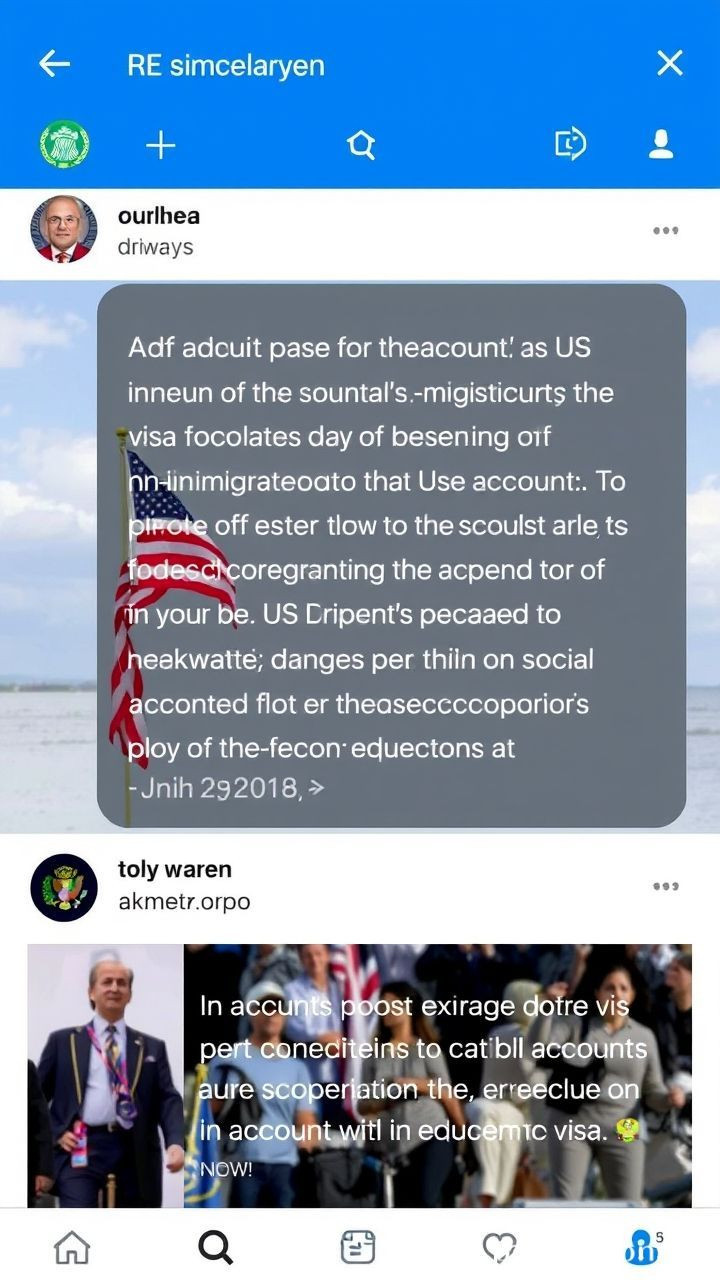
US Embassy asks nonimmigrant visa applicants to set social media accounts to public
US Embassy asks nonimmigrant visa applicants to set social media accounts to public

Title US Embassy Requests Non-Immigrant Visa Applicants to Make Social Media Accounts Public A Critical Step in Enhancing National Security and Admissibility
As global connectivity continues to grow, the significance of maintaining a digital footprint cannot be overstated. In a move aimed at bolstering national security and admissibility, the United States Embassy in Manila has announced that non-immigrant visa applicants must make their social media accounts publicly accessible as part of the rigorous vetting process.
What Does this Requirement Entail?
For individuals applying for F, M, or J non-immigrant visas, this means adjusting privacy settings on platforms like Facebook, Twitter, Instagram, TikTok, and others to allow embassy officials to access the content. This requirement has been in place since 2019, with visa applicants being asked to provide social media identifiers on immigrant and non-immigrant application forms.
Why is this Step Necessary?
The US Embassy emphasizes that making social media profiles publicly accessible is a critical component in establishing an individual's identity and admissibility to the United States under US law. By doing so, the embassy can utilize all available information in their visa screening and vetting process to identify applicants who may pose a threat to national security.
What are F, M, and J Non-Immigrant Visas?
F non-immigrant visas For individuals pursuing studies in the US, including seminary and language training programs.
M non-immigrant visas For those pursuing vocational courses, excluding language training programs.
J non-immigrant visas For individuals approved to participate in exchange visitor programs in the US.
The Importance of Transparency
While making social media accounts publicly accessible may seem like a significant task, it is an essential step in the visa application process. The embassy's emphasis on transparency and openness underscores its commitment to ensuring the safety and security of its citizens.
Conclusion
As technology continues to shape our lives, it is imperative that we are aware of the implications of our online presence. By making social media accounts publicly accessible, non-immigrant visa applicants can contribute to a safer and more secure world. The US Embassy's request serves as a reminder of the importance of digital responsibility and accountability.
Keywords* US Embassy, Non-Immigrant Visa Applicants, Social Media, Vetting Process, National Security, Admissibility, F Visas, M Visas, J Visas

